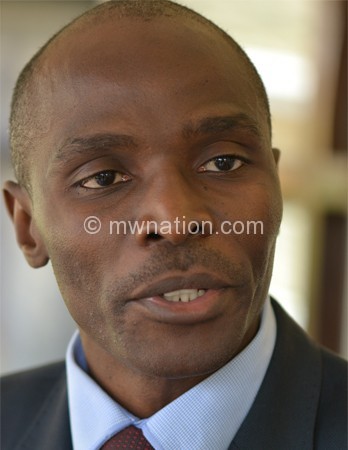Government gets thumbs up on Fisp
Traditional leaders and civil society organisations (CSOs) working in the agriculture sector have welcomed proposed reforms to the contentious Farm Input Subsidy Programme (Fisp), which include increasing the contribution by beneficiaries.
Under the new reforms unveiled by Minister of Finance, Economic Planning and Development Goodall Gondwe in Parliament two weeks ago, Fisp beneficiaries will now be contributing more than K500 per 50 kilogramme (kg) bag.

For NPK fertiliser, the beneficiaries will be paying K3 000 ($7), which is K2 500 ($6) more while for Urea the contribution will be an extra K1 500 ($3), bringing the total to K2 000 ($4).
Government also plans to issue coupons with a K15 000 ($33) value for a 50 kg bag of fertiliser and a selling price estimated at K17 500 ($39) for NPK and K16 500 ($37) for Urea— meaning that beneficiaries will top up the remaining amount.
In welcoming the reforms, Civil Society Agriculture Network (CisaNet) executive director Tamani Nkhono-Mvula said the K500 ($1) contribution did not make economic sense and was more political than a reflection of the farmer’s ability to procure.
According to CisaNet, the level of the subsidy on fertiliser increased from 64 percent in 2005/06 to 97 percent in 2014/15 of the unsubsidised price.
Research that CisaNet conducted has shown that farmers are willing to pay more for the bag of fertiliser.
Malawi Economic Justice Network (Mejn), a long-time advocate for increasing beneficiary contribution, has described the reforms as an encouraging start.
But Mejn executive director Dalitso Kubalasa has urged government to address some worrying elements in the programme, among them, corruption and targeting challenges.
Senior Chief Kwataine of Ntcheu commended government for increasing the contribution by beneficiaries.
He said: “When a product is too cheap, people don’t take it seriously. With this new amount, people will spend more and work harder in their farms and own the programme.”
His counterpart, Senior Chief Lukwa of Kasungu, agreed: “It is possible for farmers to pay more than K500. [Even] K5 000 is affordable for any person who would like to invest in themselves, no one should cheat you.”
The cost to the government is expected to be K40 billion ($88.9 million) with donors contributing about K9 billion ($20 million) in legume and maize seed. This year’s fiscal budget is lower than last year’s revised estimate by at least 30 percent.





